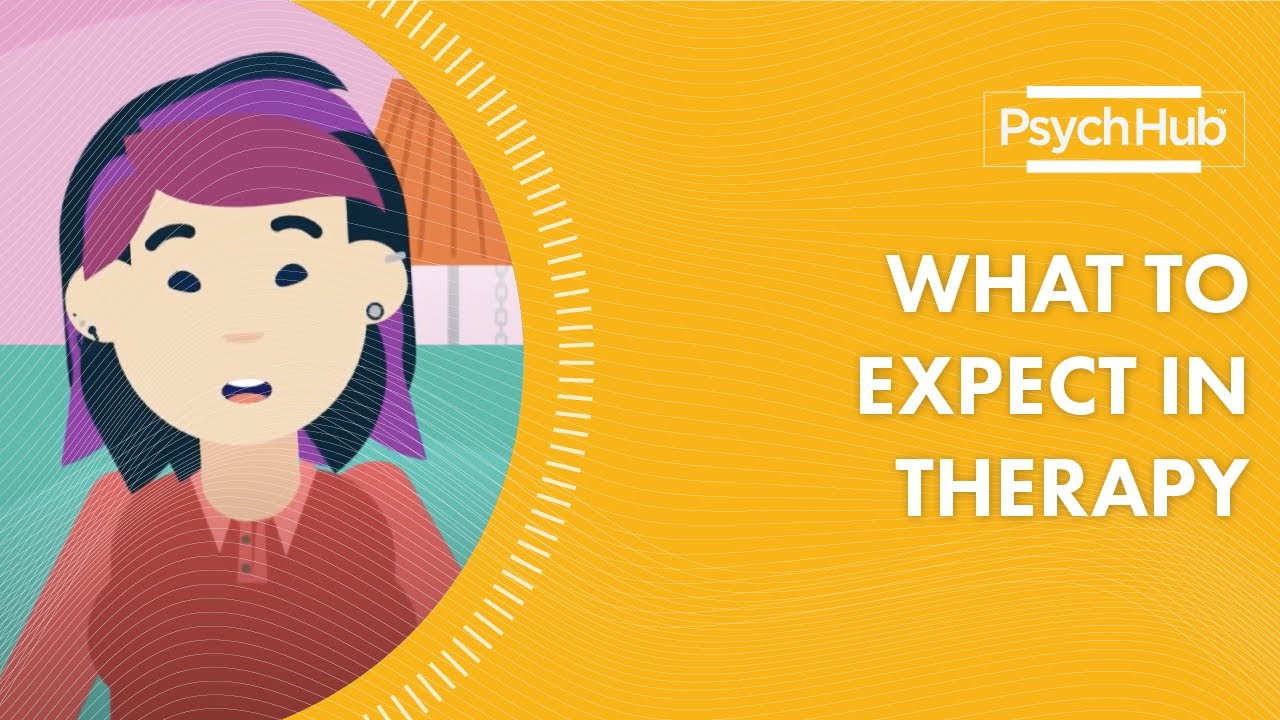Have you ever felt a surge of anger that seemed to come out of nowhere, catching you off guard? You’re not alone. Many people have experienced such intense emotions at one point or another. Understanding and managing these emotions is crucial for your well-being.
Understanding Anger
You might wonder, why do you get angry? It’s a normal emotion, arising from various triggers and situations. When left unchecked, it can lead to conflicts, stress, and even physical health issues. To manage anger effectively, it’s essential to comprehend its roots and how it manifests in your life.
The Roots of Anger
Anger often stems from a perceived threat or injustice. You might feel that your boundaries have been crossed, your values undermined, or you’re being treated unfairly. These triggers ignite your fight-or-flight response, which is a natural reaction to danger.
Some common sources of anger include:
| Trigger | Example |
|---|---|
| Personal boundaries | When someone disrespects your space |
| Injustice | Witnessing unfair treatment |
| Frustration | Facing repeated obstacles |
| Fear | Feeling threatened or unsafe |
| Stress | Constant pressure or overload |
How Anger Manifests
Anger manifests in various ways. Physically, you might notice an increase in heart rate, sweating, or muscle tension. Emotionally, you might feel overwhelmed, impatient, or aggressive. Behaviorally, you might yell, become argumentative, or withdraw from the situation.
Long-Term Effects of Unmanaged Anger
If anger remains unchecked, it can have detrimental effects on your life. Chronic anger can lead to cardiovascular diseases, weakened immune systems, anxiety, and depression. Moreover, it can strain relationships, hindering communication and trust.

The Practice of Mindfulness
Mindfulness, a practice rooted in Buddhist tradition, can help you manage your anger effectively. It involves being present in the moment, acknowledging your emotions without judgment, and responding thoughtfully rather than reactively.
How Mindfulness Helps
Through mindfulness, you become more aware of your anger triggers and reactions. It allows you to pause, observe your feelings, and choose a healthier response. This practice reduces stress, improves emotional regulation, and enhances overall well-being.
Steps to Practice Mindfulness
- Start with Breathing: Focus on your breath. Inhale deeply through your nose, hold for a few seconds, and exhale slowly. This helps calm your nervous system.
- Observe Your Thoughts: Pay attention to your thoughts and feelings without judgment. Recognize the triggers that cause your anger.
- Pause and Respond: Before reacting, take a moment to breathe and assess the situation. This gives you time to choose a thoughtful response.
- Practice Regularly: Dedicate time each day to mindfulness practices, such as meditation or yoga, to build resilience against anger.
Mindfulness Techniques for Anger
Here are some mindfulness techniques that can help you manage anger:
| Technique | How It Helps |
|---|---|
| Deep Breathing | Calms the nervous system |
| Body Scan Meditation | Helps recognize physical tension |
| Loving-Kindness | Promotes compassion and understanding |
| Journaling | Provides an outlet for your feelings |

Strategies for Managing Anger
There are various strategies you can employ to manage anger effectively. Combining mindfulness with other techniques can provide a comprehensive approach to anger management.
Identify Triggers
Understanding what triggers your anger is the first step towards managing it. Keep a journal to document situations that provoke anger, and look for patterns. Once you’ve identified these triggers, you can work on addressing or avoiding them.
Develop Healthy Communication
Communication is key in managing anger in relationships. Use “I” statements to express your feelings without blaming others. For example, say “I feel upset when…” instead of “You make me angry by…”. This helps convey your emotions while reducing defensiveness.
Practice Emotional Regulation
Learning to regulate your emotions is crucial. Use techniques like counting to ten, walking away from the situation, or engaging in physical activity to calm down. Once you’re calm, you can approach the situation more rationally.
Seek Professional Help
Sometimes, managing anger requires professional guidance. A therapist or counselor can help you develop strategies tailored to your needs. Cognitive-behavioral therapy (CBT) is particularly effective for anger management.

Case Study: Practicing Mindfulness to Manage Anger
Let’s look at a case study to understand how mindfulness can help manage anger. Ashley, a 35-year-old graphic designer, struggled with intense anger, particularly at work. She often felt overwhelmed by tight deadlines and perceived criticism from colleagues. This led to frequent outbursts, straining her professional relationships.
Ashley decided to incorporate mindfulness into her daily routine. She started with ten minutes of meditation each morning, focusing on her breath. Throughout the day, she practiced brief mindfulness exercises, such as deep breathing and body scans, whenever she felt her anger rising.
After a few weeks, Ashley noticed significant improvements. She became more aware of her triggers and could pause before reacting. By practicing loving-kindness meditation, she cultivated empathy towards her colleagues, reducing her irritation. Ashley’s professional relationships improved, and she felt more in control of her emotions.
![]()
Integrating Mindfulness into Daily Life
Incorporating mindfulness into your daily life doesn’t have to be time-consuming. Here are some simple ways to practice mindfulness:
Morning Routine
Start your day with a few minutes of mindfulness. Sit quietly, focusing on your breath or a positive affirmation. This sets a calm tone for the rest of your day.
Mindful Eating
Pay attention to your meals. Notice the colors, textures, and flavors of your food. This practice enhances your eating experience and promotes mindful living.
Walking Meditation
Take a walk outside, focusing on each step and the sensations in your body. Walking meditation helps you stay present and connected to your surroundings.
Evening Reflection
Before bed, reflect on your day. Acknowledge your feelings and any moments of anger. Consider how you responded and what you can learn for the future. This reflection promotes self-awareness and growth.
Conclusion
Understanding and managing anger through mindfulness can transform your life. By becoming aware of your triggers and practicing mindful responses, you can reduce stress, improve relationships, and enhance your overall well-being. Remember, it’s a journey – be patient and compassionate with yourself as you develop these skills. Embrace mindful moments and discover the peace that comes from understanding and managing your anger.





